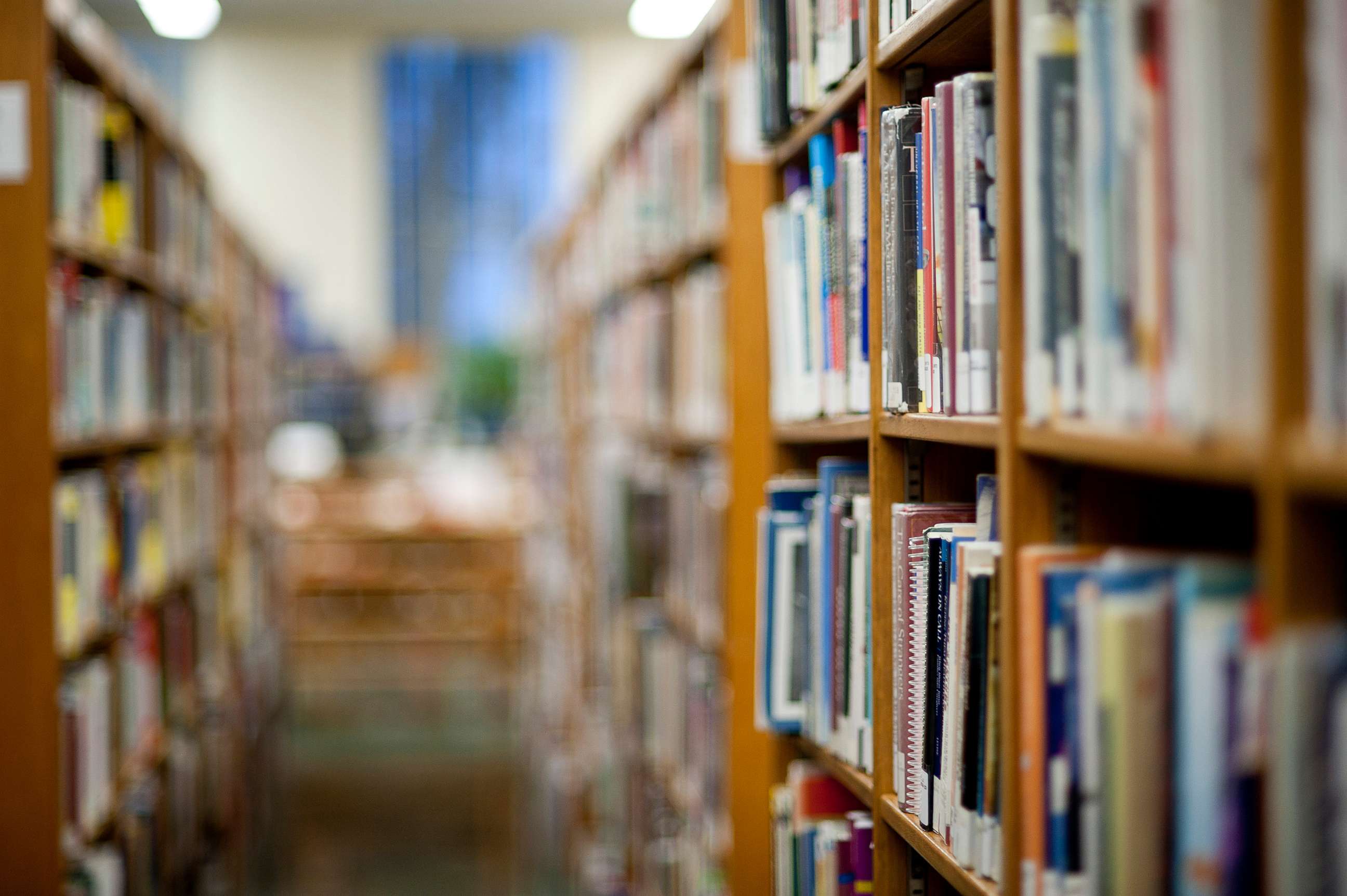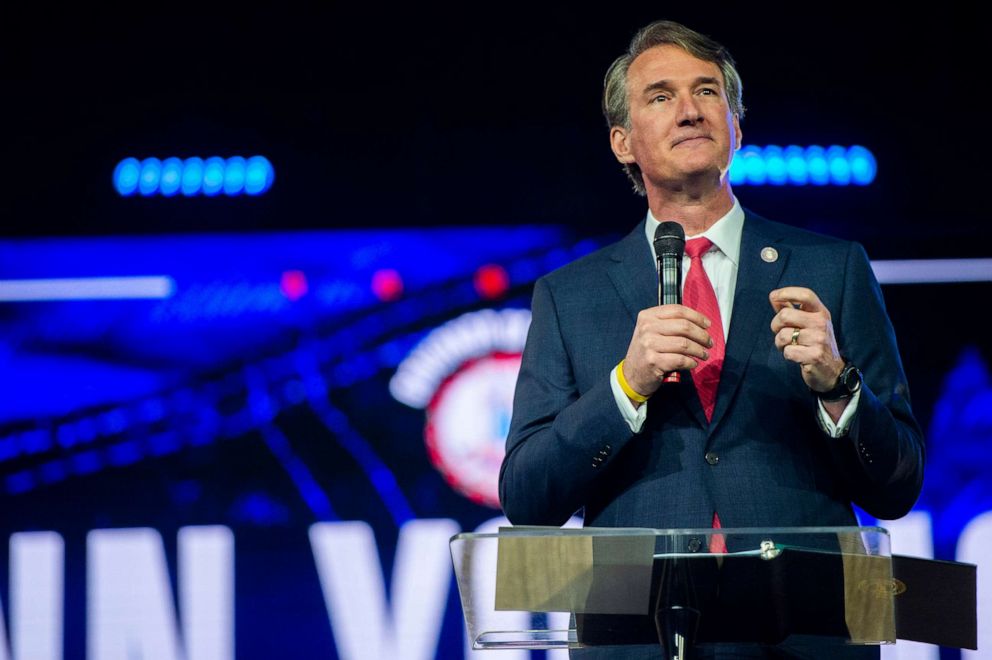The librarians uniting to battle school book ban laws
Many of the banned books focus on LGBTQ and racial issues.
Last fall, Texas Gov. Greg Abbott sent a letter to the state's school board association saying public schools shouldn't have "obscene" books and called on certain books about gender and sexual orientation, among others, to be removed.
During last year's gubernatorial race in Virginia, Republican candidate Glenn Youngkin campaigned on removing certain books from schools, including Toni Morrison's book "Beloved," which deals with slavery and has graphic sexual encounters.
Texas is the latest state to introduce legislation concerning how controversial subjects including race and even the Holocaust are taught in schools.There have been over 122 such bills introduced across the country since last year.
Books focusing on LGBTQ and racial issues that critics say are inappropriate for students are being banned across the country. Now, some librarians are joining together to protest those bans.
"We felt that a different image needed to be portrayed of librarians…And so we really wanted a positive message to go out about our work and to shed light on what was going on in Texas," Carolyn Foote, a Texas librarian and co-founder of FReadom Fighters, told ABC News.

FReadom Fighters was formed by Foote and three other Texas librarians who advocate for students' freedom to read books. They came together in November 2021 in response to Republican Texas Rep. Matt Krause's request that schools inform him if they carry books that focus on LGBTQ and racial issues.
FReadom Fighters started as a social media movement with the hashtag "#FReadom" in protest of Krause's request, and then blossomed into activism.
"For them, this is personal. It isn't just about adults arguing about what books should be on the shelves of the library. It's about stories about their lives, being removed from the shelves, and stories that speak to them," Foote said.
While Foote and some librarians are fighting for these books to stay on shelves, others disagree and are fighting to keep them off.
"I felt that I had a duty as a parent, because this type of material is so over the top in terms of inappropriateness … I felt I had a duty as a parent, to warn other parents and to bring it to the attention of the school board, because quite honestly, you know, I didn't know at that moment who's making these decisions as to what books are put into our school library," Stacy Langton, a Virginia mother and co-founder of Mama Grizzly, a conservative grassroots organization that she says aims to protect "our children's learning environments."

In other states, including North Carolina, Maine and Missouri, Republicans have begun campaigns targeting books that deal with segregation and racism.
However, according to an American Library Association poll, 71% of Americans are opposed to banning books.
"What we found overall is in this polling is that vast majorities of all voters from all political persuasions, and parents, especially don't support book bans. What we're hearing from is a very vocal minority," Deborah Caldwell-Stone, the director of the ALA Office for Intellectual Freedom, tells ABC News.
Foote says that despite their efforts for the books, they are not fighting for students to read them or to agree with everything in them, just that students have the opportunity to read them if they choose.

"It's just really important that we understand that just because we read something or watch a TV show or read a newspaper article, it doesn't mean we personally or our students are going to go out and enact anything they read about. Books just have ideas in them, and ideas cause us to think, and we can use our own minds to make critical decisions. And as educators ... we train students to ask critical questions like, 'Where did this data come from? And who wrote this? What is their point of view?'" Foote said.
"And I think that if parents considered that point of view, then they would understand that we're all in this together as partners," she added.